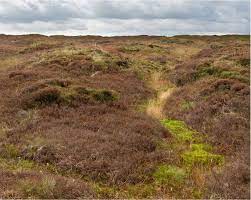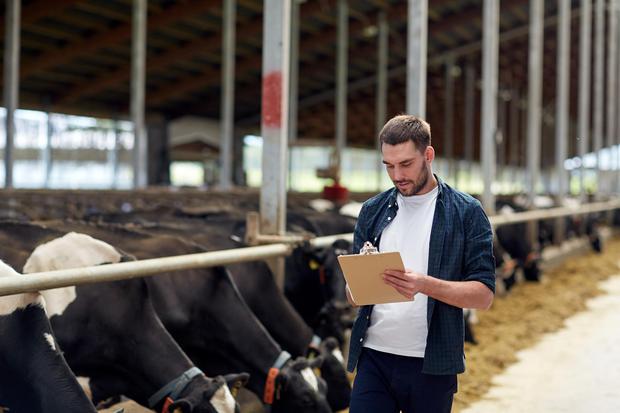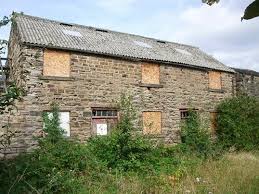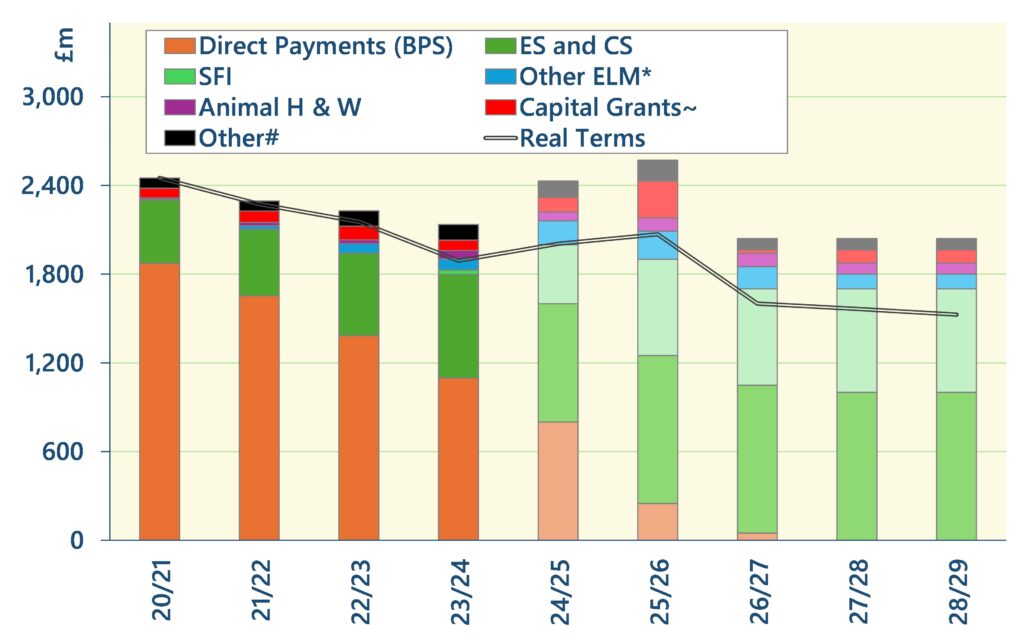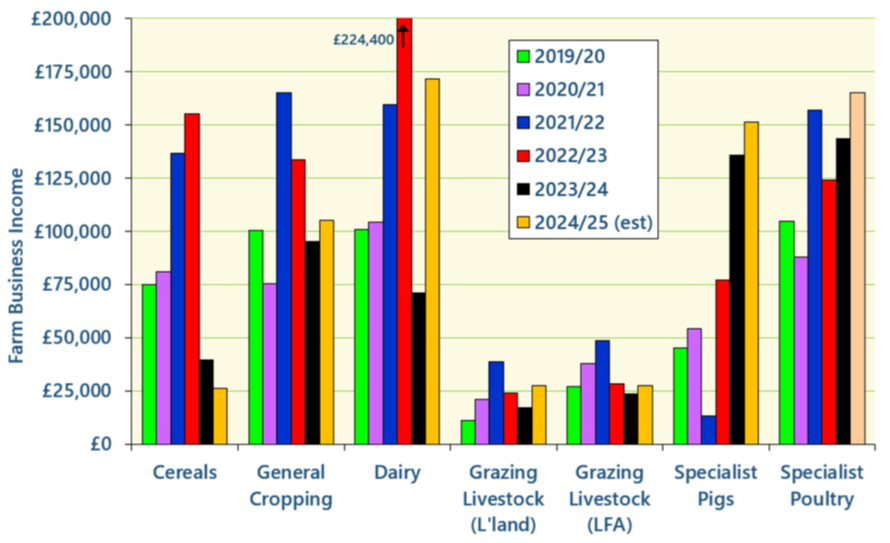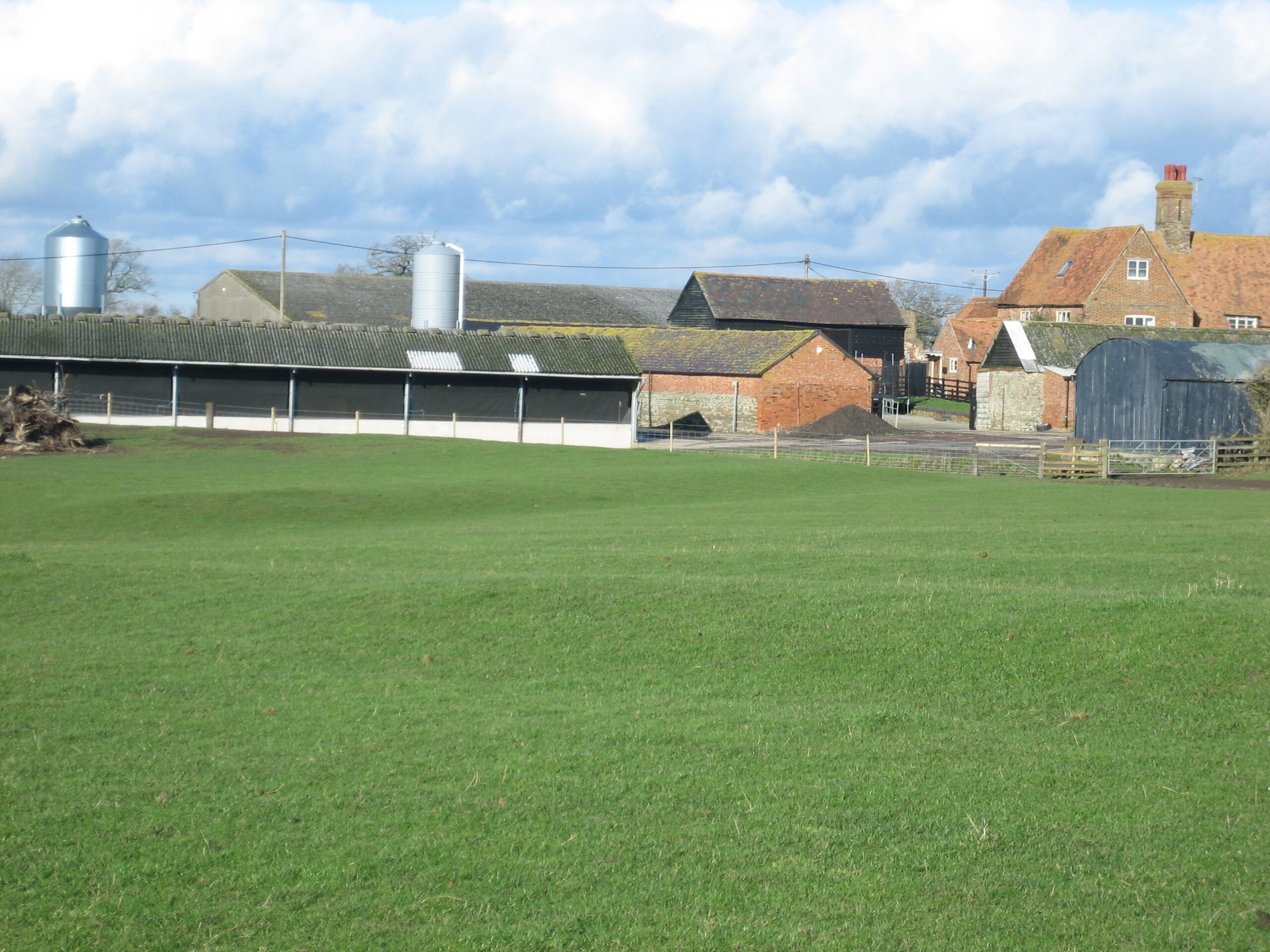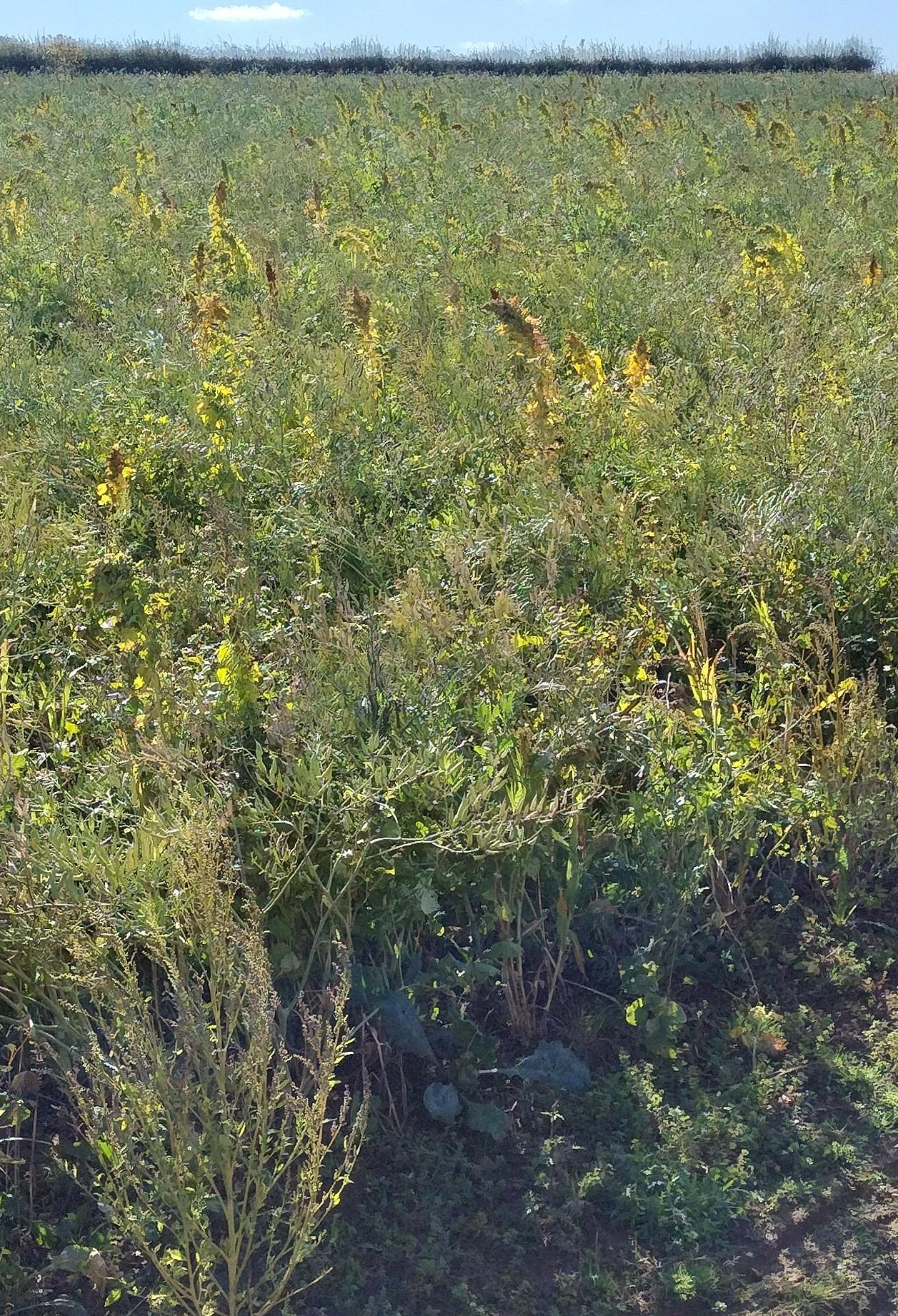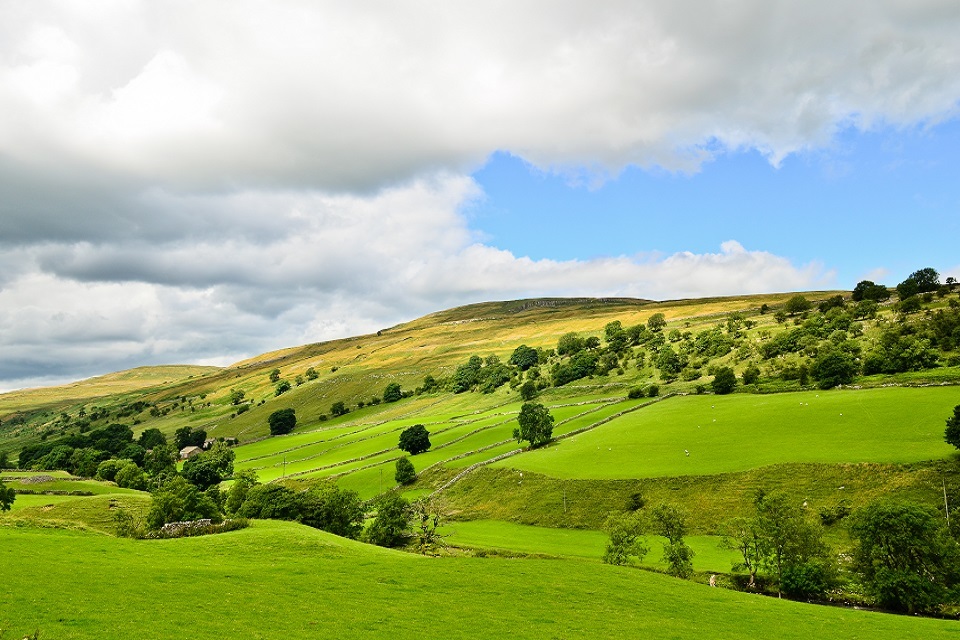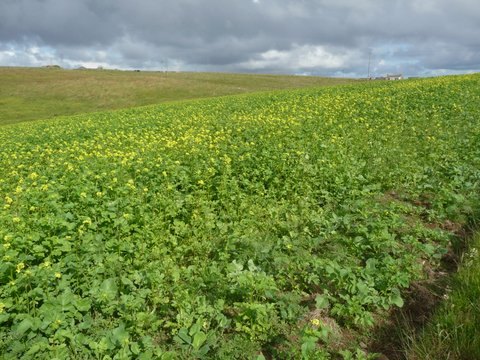The Planning and Infrastructure Bill had its first reading in Parliament on the 11th March. This is one of the Government’s flagship pieces of legislation as it aims to deliver on the ‘growth’ agenda through changes in the planning system. It also aims to boost the drive to net zero through supporting renewable infrastructure. Farmers and landowners are very likely to feel the effects of this legislation
Most of the bill relates to England and Wales, although the energy elements will have GB-wide application. It is large piece of legislation split into a number of components;
- Infrastructure: streamling the Nationally Significant Infrastructure Projects (NSIP) regime; improving the system for connecting projects to the electricity grid; amending the rules on Highways works
- Planning: more local flexibility to set Planning fees; introduction of regional strategic plans for Planning
- Development and Nature: introduction of a ‘Nature Restoration Levy’ – this would replace the requirement for site-by-site mitigation of environmental impacts through mechanisms such as Nutrient Neutrality. Instead, the requirements would be aggregated up and delivered on a more strategic level through Environmental Delivery Plans.
- Development Corporations: to build proposed New Towns and other large-scale developments.
- Compulsory Purchase: changes to the rules to speed up development. One of the key changes here is to remove ‘hope value’ from the compensation paid if land is being compulsorily purchased for public good uses such affordable housing, healthcare or education.
The full Bill can be found at https://commonslibrary.parliament.uk/research-briefings/cbp-10216/. There may be significant amendments to the legislation as it passes through Parliament.


